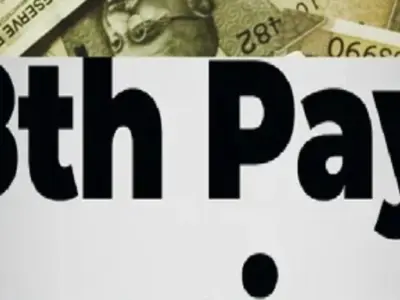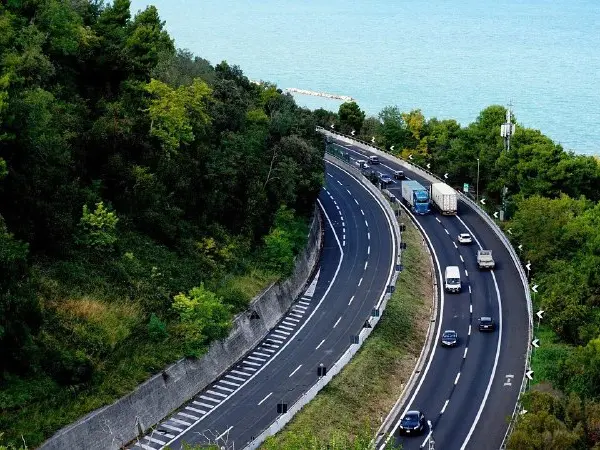
Supreme Court has flagged the delay in appointment of judges
New Delhi:
In what could turn into another face-off between the Executive and Judiciary over judges’ appointments, the Supreme Court today questioned why the centre has not sent recommendations of high courts to the Collegium yet.
Hearing petitions alleging delay by the centre in clearing names, a bench of Justice Sanjay Kishan Kaul and Justice Sudhanshu Dhulia said they are closely monitoring the matter. “Eighty names from high court have been pending for a period of 10 months. There is only a basic process that takes place. Your view has to be known so that the collegium can take a call,” said Justice Kaul, addressing the centre.
The bench said the transfer of 26 judges and the appointment of a Chief Justice in a “sensitive high court” is pending.
“I have the information of how many names have been pending which have been recommended by the high court but haven’t been received by the Collegium,” Justice Kaul said.
Attorney General R Venkatramani sought a week’s time to respond. The bench granted him two weeks and asked him to return with Centre’s submission. The matter will now be heard on October 9.
In strong remarks, Justice Kaul said, “I have a lot to say, but I am stopping myself. I am silent because the A-G has asked for a week to respond, but I won’t be quiet on the next date.”
The appointment of judges has been a key issue of contention between the Supreme Court and the Executive. Central ministers have argued that the government should have a role in the selection of judges.
The Supreme Court had in October 2015 struck down the National Judicial Appointments Act that gave the bigger role of Executive in judges appointments.
The tussle between the Executive and Judiciary was raked up last year by Vice-President Jagdeep Dhankhar’s remarks on how the Supreme Court ruling had “undone” the law.
Soon after, the court had said the Collegium system is the “law of the land” which should be “followed to the teeth”. Just because some sections of the society express a view against the Collegium system, it will not cease to be the law of the land, it said.
Under the Collegium system, the Chief Justice of India and seniormost judges recommend names of judges for appointment to high courts and the Supreme Court. The names are sent to the centre and following its clearance, appointments are made by the President.
**Supreme Court Questions Delay in Judges’ Appointments**
★The Supreme Court has raised concerns over the delay in the appointment of judges.
★The court has questioned why the recommendations of high courts have not been sent to the Collegium by the central government.
★A bench of Justice Sanjay Kishan Kaul and Justice Sudhanshu Dhulia stated that 80 names from high courts have been pending for 10 months.
★The transfer of 26 judges and the appointment of a Chief Justice in a “sensitive high court” are also pending.
★Attorney General R Venkatramani has been given two weeks to respond to the court’s queries.
★The Supreme Court and the Executive have been at odds over the appointment of judges.
★Central ministers argue for the government to have a role in the selection process.
★The Supreme Court had previously struck down the National Judicial Appointments Act, which granted the Executive a larger role in appointments.
★The Collegium system, where the Chief Justice of India and senior judges recommend names for appointment, is the current process.
★The names are then sent to the center for clearance before appointments are made by the President.
This recent development highlights the ongoing conflict between the Executive and the Judiciary regarding the appointment of judges in India. The Supreme Court has expressed concern over the delay in sending recommendations of high courts to the Collegium by the central government. With 80 names pending for 10 months, the court is closely monitoring the matter.
The Supreme Court has emphasized the importance of the center’s view being known so that the Collegium can make informed decisions. The transfer of judges and the appointment of a Chief Justice in a sensitive high court are also awaiting resolution. Attorney General R Venkatramani has been given two weeks to respond to the court’s queries.
The appointment of judges has been a contentious issue between the Supreme Court and the Executive. While the central government argues for its involvement in the selection process, the Supreme Court has maintained that the Collegium system, where the Chief Justice of India and senior judges recommend names, is the law of the land.
In 2015, the Supreme Court struck down the National Judicial Appointments Act, which aimed to increase the role of the Executive in appointments. Last year, Vice-President Jagdeep Dhankhar’s remarks reignited the tussle between the Executive and Judiciary. However, the Supreme Court affirmed that the Collegium system should be followed without influence from external opinions.
Under the current Collegium system, recommendations from high courts are sent to the center for clearance before appointments are made by the President. As this matter unfolds, it remains to be seen how the conflict between the Executive and the Judiciary will be resolved and whether any changes will be made to the appointment process.
Follow DelhiBreakings on Google News
Superfast News Coverage by DelhiBreakings.com team.
For Superfast national news and Delhi Breaking Stories visit us daily at https://delhibreakings.com





